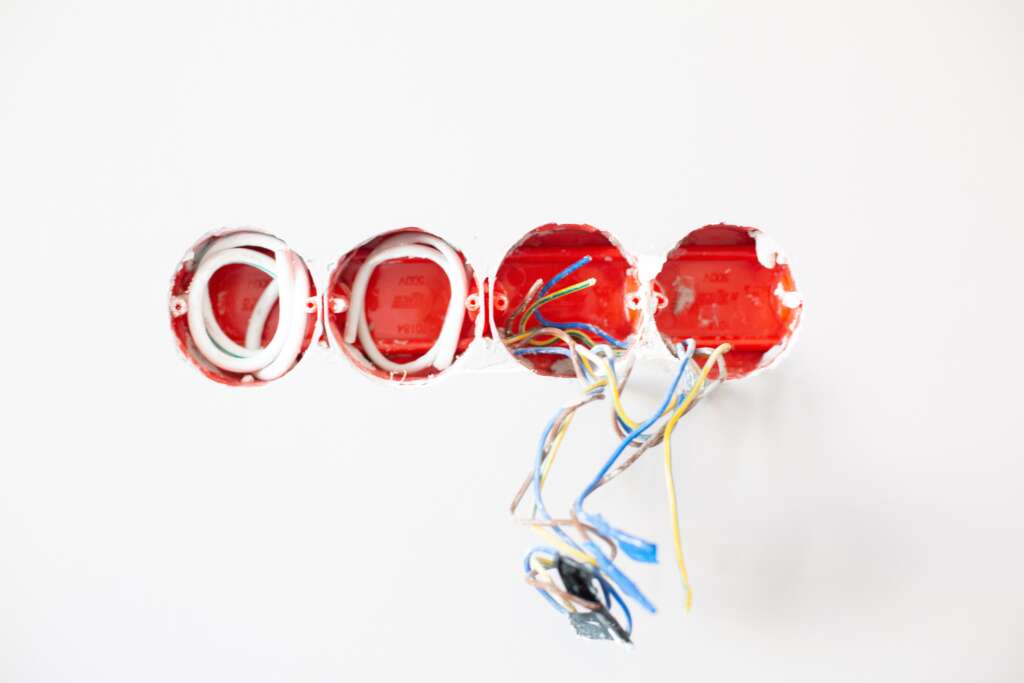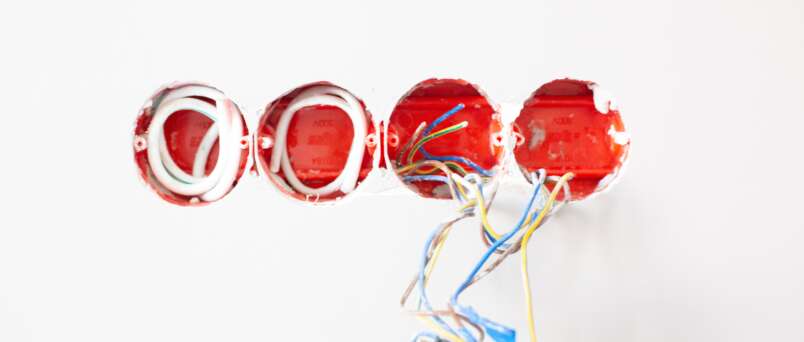Do Addicts Ever Truly Recover? Rewiring the brain.
Addiction is a multifaceted condition, a complex interplay of neurological, behavioral, and environmental factors. At its core, addiction signifies a strong inclination towards a substance or activity, regardless of its adverse consequences. This often leads to the question: Can someone ever fully recover from addiction?

The Science Behind Recovery
It’s crucial to grasp the neurochemical changes occurring in the brain of an addict. When someone repeatedly uses a substance or engages in certain behaviors, the brain’s reward system becomes engaged. Over time, the substance or behavior becomes intertwined with feelings of pleasure or relief. However, with prolonged exposure, the brain becomes desensitized, leading to increased consumption or engagement in the addictive behavior.
Recovery, then, is not just about abstaining. It involves rewiring the brain, allowing the reward pathways to heal and finding healthier ways to experience pleasure or relief.
The Journey of Recovery
Recovery is more than a destination; it’s a continuous journey. Let’s delve into the stages and milestones of this process:
- Acknowledgment: Recognizing and accepting the existence of an addiction.
- Detoxification: The initial phase where the body rids itself of the addictive substance.
- Rehabilitation: Engaging in therapeutic activities, counseling, and behavioral therapies to address the root causes of addiction.
- Maintenance: Developing coping strategies and tools to prevent relapse.
Each phase presents its challenges, but with the right support, recovery is attainable.
Factors Influencing Successful Recovery
- Personal Commitment: The resolve to change and a strong desire to break free from the chains of addiction.
- Support Systems: Having a supportive network, be it family, friends, or support groups, can be the bedrock of recovery.
- Professional Guidance: Therapists, counselors, and medical professionals play a pivotal role in the recovery process, offering insights, tools, and strategies tailored to individual needs.
- Environment: Surrounding oneself with positive influences and avoiding triggers can make a world of difference.
Challenges and Hurdles in the Recovery Process
Even with strong dedication and support, the road to recovery is laden with potential pitfalls. Some common challenges include:
- Cravings and Temptations: Often, addicts face an overwhelming desire to revert to their addictive behavior.
- Mental Health Issues: Conditions like depression, anxiety, or PTSD can compound the challenges faced during recovery.
- Societal Stigma: The misconceptions surrounding addiction can lead to feelings of shame or guilt, hampering the recovery process.
Measuring True Recovery
What does it mean to truly recover? Is it the absence of cravings? The ability to lead a ‘normal’ life? The answer varies for each individual. For some, recovery means finding balance and control in their lives, while for others, it might be the ability to forge meaningful relationships without the shadow of addiction looming overhead.
In conclusion, while the journey of recovery is challenging and fraught with obstacles, it is also one of hope, transformation, and personal growth. Every individual’s journey is unique, but with perseverance, support, and guidance, a life free from the bonds of addiction is within reach.
- Alcoholics Anonymous (AA): Website: https://www.aa.org/
- Narcotics Anonymous (NA): Website: https://www.na.org/
- Cocaine Anonymous (CA): Website: https://ca.org/
- Gamblers Anonymous (GA): Website: https://www.gamblersanonymous.org/
- Overeaters Anonymous (OA): Website: https://oa.org/
- Debtors Anonymous (DA): Website: https://debtorsanonymous.org/
- Sex Addicts Anonymous (SAA): Website: https://saa-recovery.org/
- Emotions Anonymous (EA): Website: https://emotionsanonymous.org/
- Al-Anon Family Groups: Website: https://al-anon.org/
- Adult Children of Alcoholics (ACA): Website: https://adultchildren.org/
These resources provide information, support, and access to meetings for various 12 Step Programs. Whether you or someone you know is struggling with addiction, these organizations can provide guidance, fellowship, and a structured program for recovery.
If you or someone you know is struggling with addiction in New Jersey, don’t hesitate to reach out for help. Call More Life Recovery Center at 1-888-825-8689 to speak with our compassionate team of professionals. We are dedicated to providing personalized treatment and support on your journey to recovery. For more information about our center and the services we offer, visit moreliferecoverycenter.com. Remember, you don’t have to face addiction alone. Help is just a phone call away.

